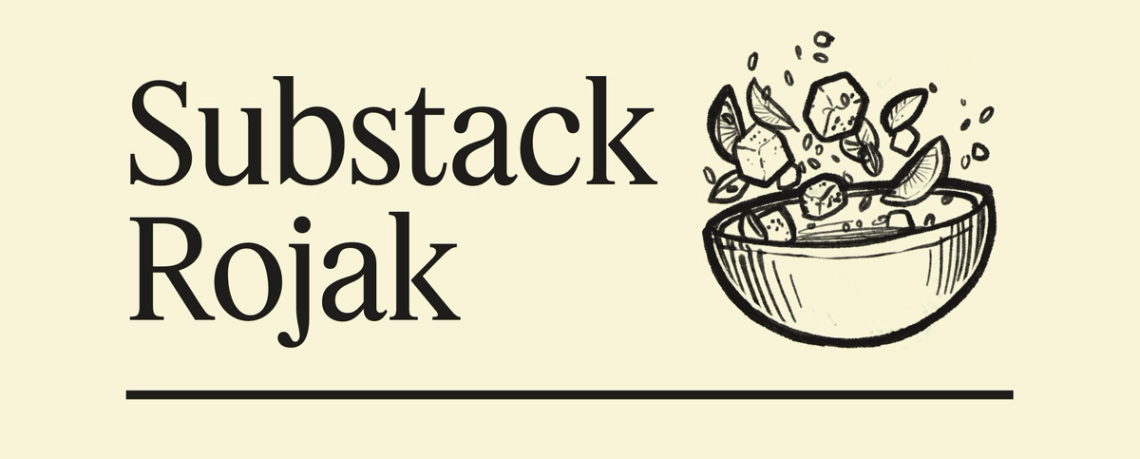 Rojak is a colloquial Malay word for “eclectic mix,” and is the name for a Javanese dish that typically combines sliced fruit and vegetables with a spicy dressing. The Maharaja who saved Polish orphans World leaders and the global business elite will converge this weekend on the Indian city of Jamnagar to celebrate the wedding of billionaire Mukesh Ambani’s son. More than 80 years ago, Jamnagar was in the news for very different reasons. The Maharaja of Jamnagar helped save more than 1,000 Polish children who had been deported to the Soviet Union in the period leading up to World War II, the India Wants To Know newsletter detailed. In 1941, after Nazi Germany invaded, the USSR granted amnesty for deported Polish citizens, allowing the orphans to leave. After they ended up in western India following an arduous journey through Central Asia, the king of Jamnagar welcomed them, and provided for their housing, medical care, and education. He had “acquired an appreciation for Polish history and culture” after meeting some Poles during a stay in Switzerland in the 1920s, the newsletter wrote. A school in Warsaw was later named after him as gratitude for helping the refugees. The quest to make a cooler LinkedIn LinkedIn’s revenue in India grew 43% last year, thanks to a mix of influencer-like content and white collar networking opportunities. Now some Indian startups are creating their own work-focused social media platforms. One site, Grapevine, encourages “spicier, more frank conversations” about work, Soumya Gupta writes in The Impression, a newsletter focused on media in India. Conversations on LinkedIn have started to sound like stuffy industry events, Grapevine’s cofounder said, “and Gen Z hates those events.” Instead of quickly trying to scale up, Indian social media companies may want to instead “chase profits from a community that has endless time and money to climb the professional ladder, ferret out valuable gossip, or simply spend time mixing drinks,” Gupta wrote. Hong Kong litfest missing provocation Don’t expect anything provocative at the 24th Hong Kong International Literary Festival, which kicks off next week. Several recently published acclaimed books that comment on Hong Kong or China — like Tania Branigan’s Red Memory: The Afterlives of China’s Cultural Revolution, or Waiting to Be Arrested at Night: A Uyghur Poet’s Memoir of China’s Genocide — are nowhere to be found, as are literary stars who appeared at past litfests, John Berthelsen writes in Asia Sentinel. Organizers of the festival, which is sponsored by the Hong Kong government, “see no need to raise their heads to get them shot off,” Berthelsen wrote. “What is happening to the festival is, in large measure, what has happened to Hong Kong.” |